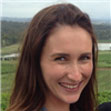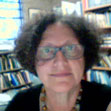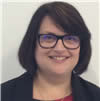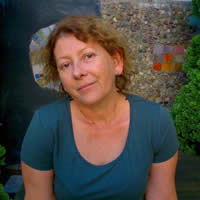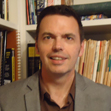5 weeks
2-3 hours per week
FREE - Optional upgrade available
Biology and Life Sciences
Introductory
About this course
How are advances in reproductive science impacting fertility, society, and ultimately, the long-term future of our species? What are the social factors that influence the choices we make about reproduction?
Led by a world leader in reproductive biology research, Laureate Professor John Aitken, the course has been prepared by professors, research fellows, and researchers across biological science, health, sociology, anthropology, classics and history.
The course will examine how sperm and eggs (gametes) are made; how fertilisation is achieved; and successful pregnancy initiated, maintained and completed at birth. These developmental principles will be studied alongside social factors such as the construct of family, education, poverty, and sexuality. The course will also look at how Assisted Reproductive Technologies (ARTs) combine with these factors to dramatically affect the reproductive choices people make.
What you'll learn
- A broad understanding of male and female reproductive development in humans
- A basic knowledge of the process of gamete transport, fertilisation, conception and pregnancy in humans
- Articulate how access to contraception impacts upon our social, political, and clinical wellbeing
- Describe issues related to sex and sexualities in Western societies
- Determine relevant factors limiting human fertility, and how these can be overcome
- Develop an awareness of ethical issues and standards around ARTs
Course Syllabus
Week 1: Gametes, Fertilization & Conception
- Sex hormones & reproductive systems
- Eggs & sperm
- Fertilisation & implantation
- Obstacles to conception
- Social policy and fertility rates: global trends in fertility
- Projection of Australia’s population
- Policy options to decrease or increase fertility
- Historical changes in fertility rates
Week 2: Pregnancy, Placenta & Birth
- Placentation
- Fetal development/maternal adaptation to pregnancy/ Labour
- Pregnancy and complications
- Developmental origins of health & disease
- Sociological approaches to the intergenerational cycle of disease
- Social aspects of pregnancy and childbirth
Week 3: Contraception
- The history and importance of contraception
- Methods of Contraception
- Effectiveness and Health Risks
- New technologies in male contraception
- Contraceptive use in Australia
Week 4: Sex & Sexuality: Social Constructionism & Biology
- Biological sexual differentiation
- The social construction of sex and sexuality
- Psychiatry and homosexuality
Week 5: Infertility & Assisted Reproduction
- Infertility
- Assisted reproductive technologies (ARTs)
- ARTs: now and the future
- Ethics of ARTs
- Surrogacy case study
Meet the instructors
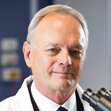
Laureate Professor John Aitken
Pro Vice-Chancellor Health and Medicine (Biological Sciences), Director of Research Centre for Reproductive Science

Professor Alan Hayes AM
Distinguished Professor of Family Studies and Director, Family Action Centre School of Health Sciences
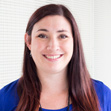
Dr Kirsty Pringle
ARC Future Fellow, School of Biomedical Sciences and Pharmacy (Pharmacy and Experimental Pharmacology)
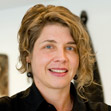
Dr Daniela Heil
Senior Lecturer, School of Humanities and Social Science (Sociology and Anthropology)
The University of Newcastle acknowledges the traditional custodians of the lands within our footprint areas: Awabakal, Darkinjung, Biripai, Worimi, Wonnarua, and Eora Nations. We also pay respect to the wisdom of our Elders past and present.
